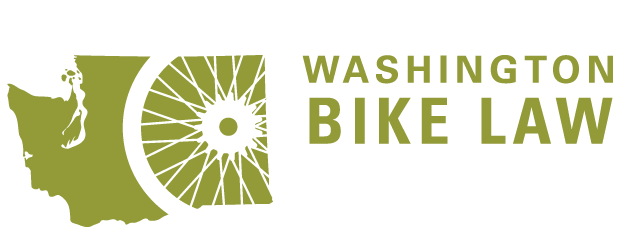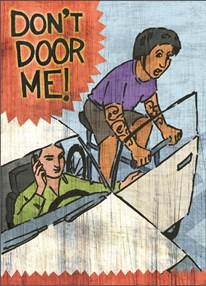Judging Trees
This summer more than 70 trees covering 3/4 of an acre in Seattle’s Colman Park were attacked with a chain saw.
Police suspected owners of homes in Mount Baker whose views were opened up by the cutting.
Eventually, they accused U.S. 9th Circuit Court of Appeals Judge Jerome Farris, whose property is next to the park.
According to the Judge’s lawyer, “If you’ve got a big lot, and you’ve got trees, you have to keep them trimmed and pruned.”
However, these trees were on park property. The park and the judge’s property were separated by a chain link fence.
Moreover, this trimming and pruning was described in the Seattle Times as trees that had been cut “repeatedly, with new growth hacked out of old stumps.”
The Parks Department estimated the damages at between $100,000 and half a million dollars.
Cutting Costs
Washington has had a law on the books since 1881 that makes those who cut trees on public grounds liable for three times the actual damages. In this case, that could put the judge on the hook for 1.5 million dollars.
There is an exception for “casual or involuntary” trespass, or if the person had “probable cause” to believe that the cutting occurred on one’s own land.
However, the fence separating the park property makes this a hard point to prove.
Other People’s Trees
Washington law generally allows people to clip someone else’s tree branches or roots that overhang onto their own property.
However, in the judge’s case, the trees were apparently overhanging into his private view over public property.
What if the trees really were on the judge’s property? If you want to stop neighbors from topping or otherwise butchering their own trees, the law doesn’t provide much help.
However, organizations like Plant Amnesty or the Department of Natural Resources provide some resources and education.
Your Own Trees
What about your own trees? If you have actual or “constructive knowledge” of a problem with a tree on your land, you have a duty to take corrective action.
“Constructive knowledge” means that ignorance is not bliss. You could be liable for damages if you should have known that your tree was dangerous.
Conclusions
None of this is rocket science. Don’t cut down other people’s trees.
If you have a tree that is about to fall on your neighbor’s house, you would be well advised to consult an arborist.

This work is licensed under a Creative Commons Attribution-NonCommercial-NoDerivatives 4.0 International License.

